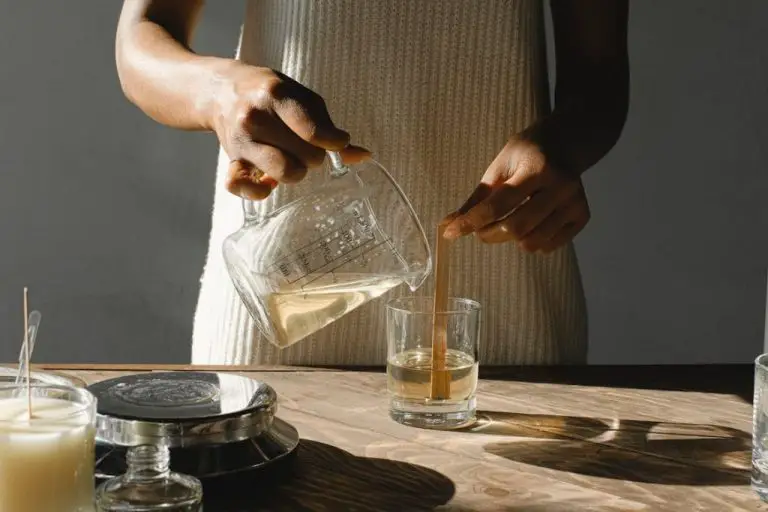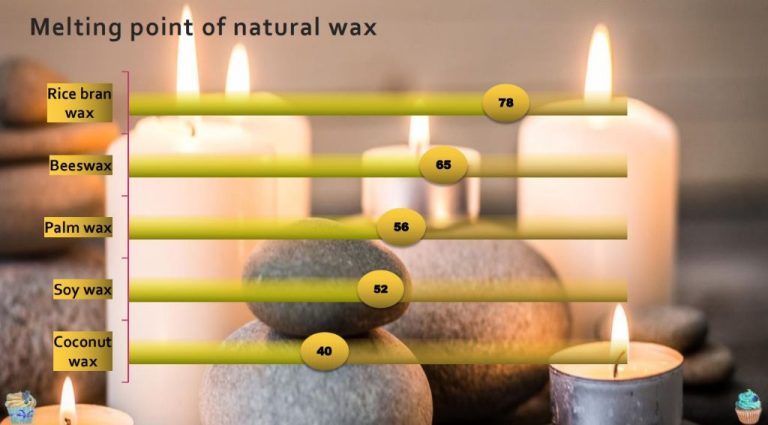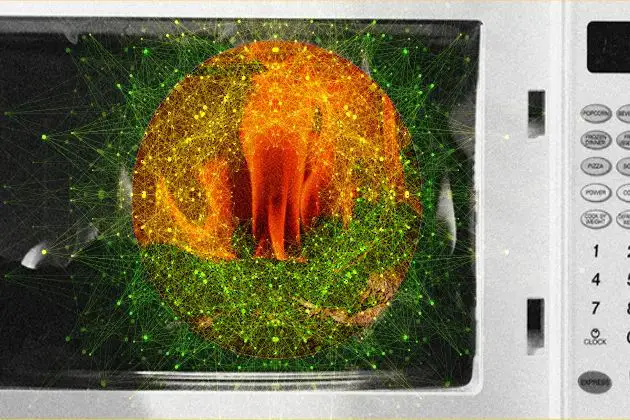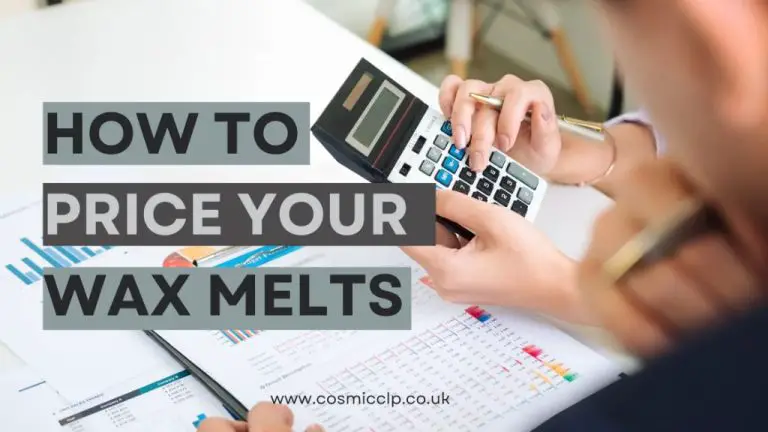How Much Do You Need To Start A Soap Business?
So you want to start your own soap making business? With the rising popularity of artisanal soaps and bath products, starting a soap business can be a fun and profitable venture. But like any business, there are costs involved to get up and running. In this article, we’ll walk through everything you need to consider when calculating startup costs for a soap making business. From ingredients and equipment to marketing and licenses, you’ll have a full picture of the investment required. With the right planning and research, you can launch your soap company on a budget. Read on to learn just how much you need to start whipping up bubbly beauty bars!
Soapmaking Supplies
To make soap from scratch, you’ll need some basic equipment and raw ingredients. Here are some of the major items you’ll need:
Soapmaking Equipment
According to The Nerdy Farm Wife, essential equipment includes a digital scale, stick blender, microwave and pots for melting oils and lye, soap molds, mixing bowls, a thermometer, and safety gear like goggles and gloves. Nice to have extras include a dedicated soapmaking workspace, additional molds in various shapes and sizes, a dough scraper, cutting wires, and decorating tools.
Soapmaking Ingredients
The main ingredients for cold process soap are oils (like olive, coconut, or palm), lye and water. You’ll also need additives like essential oils for fragrance and herbs or clays for color. Specific oil choices will determine the properties of your finished soap bars.
Renting a Commercial Kitchen
One of the main requirements for starting a soapmaking business is access to a licensed commercial kitchen. Soap is considered a cosmetic product by the FDA, which means it cannot legally be produced in a home kitchen. Renting time in a licensed commercial kitchen provides a compliant space to safely manufacture soaps in a professional environment.
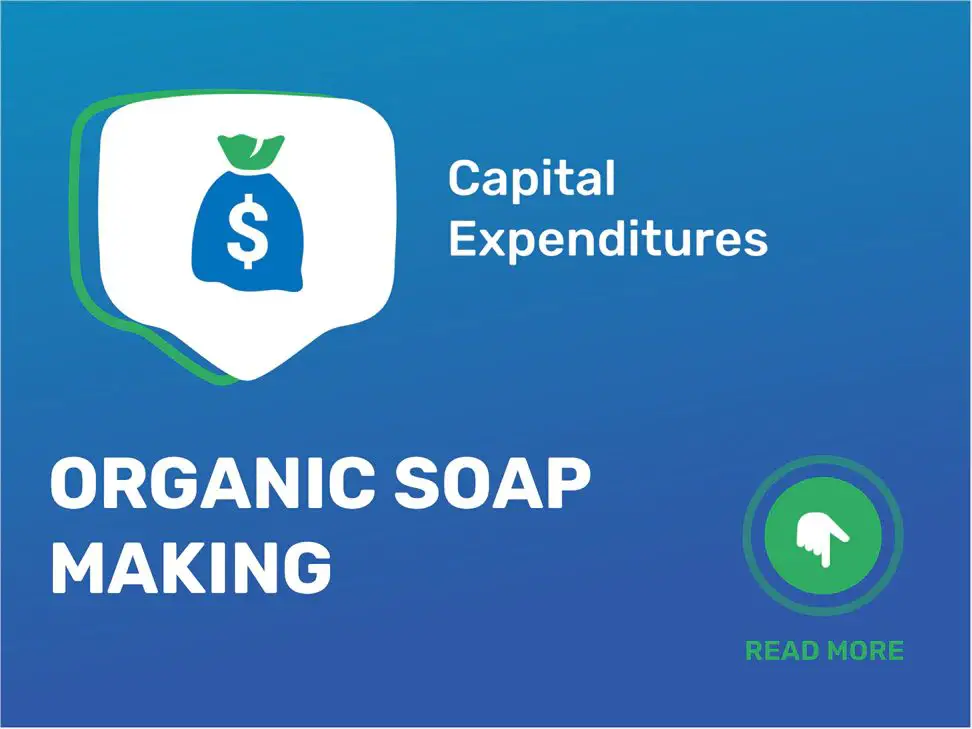
Commercial kitchen rental rates typically range from $15-$30 per hour depending on location, amenities, and peak usage times (Source 1). Most facilities require signing a monthly lease agreement and paying a security deposit in addition to the hourly rental fees. Common leasing terms are monthly or quarterly, with discounts sometimes offered for longer commitments. It’s important to consider not just the hourly rate but also any base fees, minimum hours, storage costs, and other variables when budgeting.
The size and features of the kitchen should align with production needs, such as sufficient cold and dry storage, mixer and large pot capabilities, and cleanup areas. New soapmakers can start small with partial kitchen rentals focused on prep space, storage, and cleanup. Overall, leased commercial kitchens allow soapmakers to scale production in a licensed facility without the high upfront cost of building a dedicated space.
Packaging & Labeling
One of the most important considerations when starting a soap business is determining how to package and label your products. There are specific regulations around soap packaging and labeling that must be followed.
The FDA has labeling requirements for cosmetic products like soap under the Federal Food, Drug, and Cosmetic Act (FD&C Act) and the Fair Packaging and Labeling Act. Soaps must list ingredients, identify the product name and manufacturer, provide net quantity and content information, and include any required warning statements.
When choosing packaging, popular options include bottles, tubes, boxes, tins, and shrink wrap bands. Glass or plastic bottles with a pump or flip-top dispensing closure are commonly used. Rectangular boxes made of cardboard or tin allow for branding space. Shrink wrap bands can act as tamper-evident seals on tubs or jars. You’ll want to balance factors like aesthetics, functionality, sustainability, and costs.
It’s important to research packaging regulations for the regions you plan to sell in. Having compliant, attractive packaging and labeling will lend legitimacy to your handmade soap brand.
Testing & Certifications
Before selling any handmade soap, it is crucial to have your products properly tested and certified for safety. According to the Handcrafted Soap & Cosmetic Guild, there are several different certification levels soapmakers can obtain, ranging from Basic to Master level. Each level requires passing a series of tests and demonstrating proficiency in soapmaking skills.
The most basic safety tests check for proper pH balance, soap purity, and absence of contaminants. More advanced tests look at soap performance factors like lathering ability, hardness, and clarity. At the higher certification levels, aesthetic factors like scent, color, and design creativity also come into play.
To obtain even basic safety certification for your soap through an accredited lab like the Handcrafted Soap & Cosmetic Guild, expect to invest around $300-500 for testing and certification fees. Higher levels of certification will incur additional costs for each new battery of tests required. Proper testing helps ensure your homemade soaps meet quality and safety standards for bringing to market.
Licenses & Permits
While you don’t need a special license to sell soap, you do need to adhere to specific FDA regulations when it comes to marketing your soap according to this article. The FDA requires that soap made with lye or other saponification processes be labeled as soap and avoid making any claims that may categorize it as a cosmetic or drug. You can read details on FDA regulations here.
Typical licenses and permits needed for a soap making business include:
– Business license – $50-100
– Sales tax permit – $10-50
– EIN (Employer Identification Number) – Free from the IRS
If you plan to sell online or ship across state lines, you may also need to register your business in additional states and comply with regulations in each location.
Insurance
Business insurance is crucial for any soapmaking company to protect against potential risks and liabilities. Having proper coverage helps safeguard your business in the event of property damage, lawsuits, theft and other issues.
One of the most important policies is product liability insurance, which covers injury or damage caused by your soap products. Without it, you could be sued and held personally responsible for substantial costs. According to the Independent Business Network (IBN), product liability insurance for soapmakers starts at around $275 per year. Rates vary based on your sales volume, location and other factors.
Other recommended policies include property insurance, commercial general liability, workers’ compensation and business interruption insurance. Total costs for insurance will depend on your specific business, but expect to budget at least a few hundred dollars per year. Oftentimes, working with an insurance broker who specializes in your industry can help find the most suitable and cost-effective coverage.
Overall, properly insuring your handmade soap company is an essential investment that provides protection in the event of an accident, lawsuit or disaster. Don’t cut corners here – speak to an insurance professional to discuss your options.
Website & Marketing
Creating a website and implementing marketing strategies are essential startup costs for a soap business. According to research, the average marketing budget for small businesses in the U.S. ranges from $9,000 to $10,000 per year (Source). Building and optimizing a professional website can cost $1,500-$5,000. It’s important to budget for quality web design, user-friendly interface, responsive design for mobile, and SEO to drive organic traffic.
Ongoing marketing expenses include paid search engine advertising, which can cost $100-$500 per month depending on competitiveness of keywords. Social media advertising and influencer partnerships are other options. Email marketing, content marketing, and local event sponsorships can also help increase brand awareness and sales. Allocating at least 10-20% of revenue to marketing is recommended when starting a soap business to establish your brand and attract customers. Implementing SEO best practices and keyword research will help with organic search visibility.
Miscellaneous Expenses
In addition to the major startup costs above, here are some other miscellaneous expenses to consider when starting a soap making business:
Accounting
Most small businesses should budget $1,000-2,500 for accounting fees in the first year to help with setting up bookkeeping, accounting systems, and filing taxes. Ongoing accounting fees often range from $100-300 per month depending on your needs (Source).
Legal
You may need some legal counsel when starting your business to review contracts, protect intellectual property, and provide other advice. Budget $1,000-2,000 for legal fees in the first year (Source).
Shipping
If you plan to sell online or wholesale, shipping costs need to be factored in. Budget around 15-20% of revenue for shipping expenses. You can reduce costs by negotiating rates with carriers or buying in bulk (Source).
Total Startup Costs
The total estimated startup costs for beginning a handmade soap business can range from around $1,500 on the low end up to $5,000 or more on the high end. The main factors influencing total costs include the size and scale of production, types of equipment and supplies, location and rent, packaging, certifications and licenses, marketing expenses, and more. As noted in this article, basic equipment costs alone often exceed $300. More elaborate setups with larger production capacities, commercial grade tools, and specialty ingredients can drive startup costs up. Starting the business from home cuts costs for rent and location. Overall, those looking to start a handmade soap business should budget at least $1,500-$2,000 on startup costs to cover the basic equipment, supplies, and licensing necessary to commence operations.


